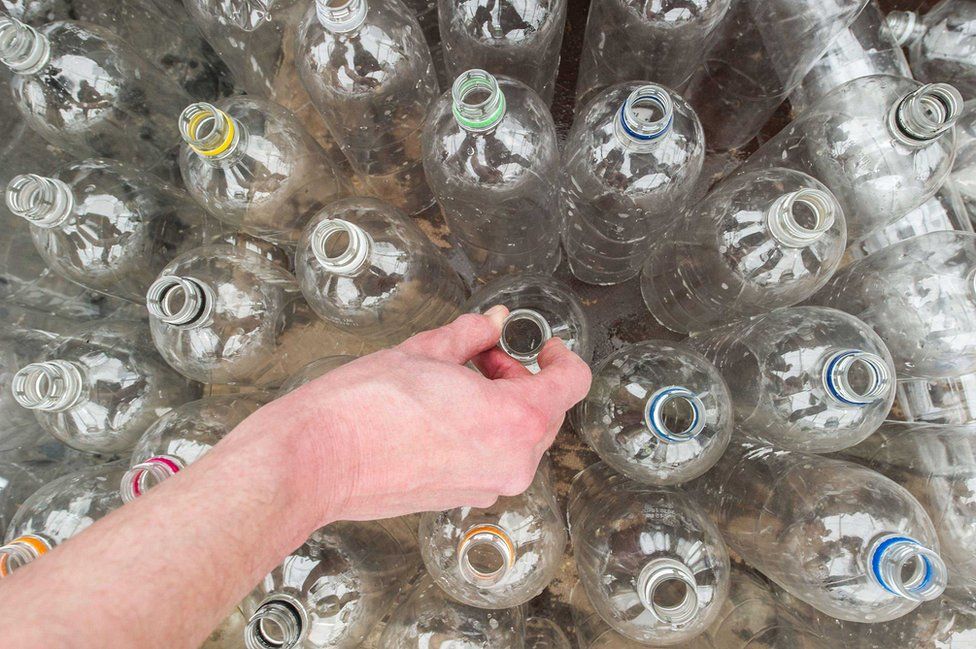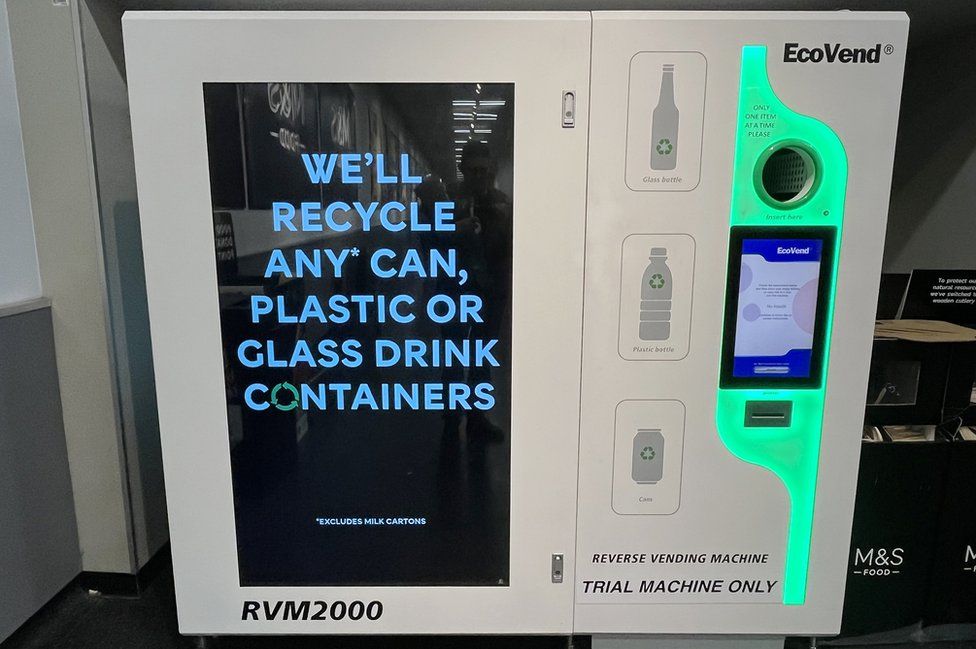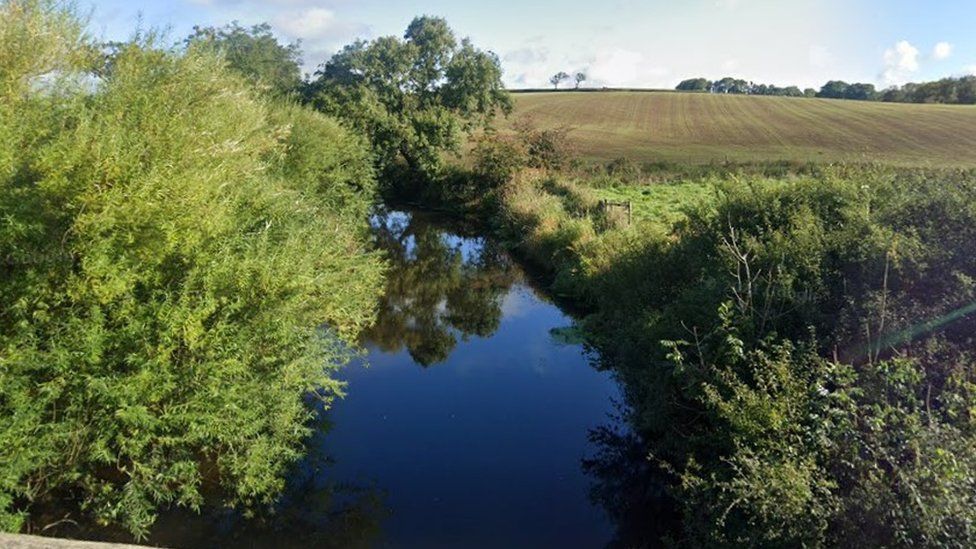Scotland's plans for a deposit return program for bottles and cans have undergone changes.
Concerns had been voiced regarding the program's effect on small businesses.
The organization created to oversee the plan, which is set to launch in August, has now revealed additional support for small businesses.
In order to waive upfront fees for some businesses, Circularity Scotland announced $22 million in cashflow support.
The action will give businesses "the clarity and confidence they need" to participate in the system, according to the responsible minister, Green MSP Lorna Slater.
However, opposition parties continue to call for the plans to be suspended so they can be examined.
The Scottish Conservatives asserted that the "last-minute" changes represented an admission of its flawed design.

By offering a financial incentive to recycle and pick up litter, the deposit return scheme (DRS) seeks to increase recycling rates for some bottles and cans.
The price of goods sold in Scotland will include a 20p deposit.
When the customer returns the empty container to a return point, whether it be a store's counter or an automated reverse vending machine, they can get their money back.
Producers must register for the program by the end of the month and provide information about how many products they intend to sell in Scotland. The invoice for deposits and fees will then be sent to them.
Numerous small businesses have cautioned that while they agree with the general sentiments, the plan will place unacceptably high costs and other burdens on them as they continue to recover from the Covid pandemic.
They are particularly concerned about the impact on their cash flow of paying administrative fees and deposits in advance, as well as the pressure to produce special barcodes on goods intended for the Scottish market.
A private non-profit organization called Circularity Scotland, which was established to manage the DRS, has now announced that businesses selling fewer than three million units annually won't be required to pay deposits or other fees for the first month of the program.
Additionally, producers will receive payments on a two-month credit term.
Stick-on barcodes are another option available to businesses that produce fewer than 25,000 units annually.

For each product they produce that is intended for sale in Scotland, producers must pay the 20p deposit and a small fee to the administrator of the program.
They can recover the 20p by including it in the price when they sell their goods to wholesalers, who then pass the cost on to retailers. .
The deposit is eventually passed along to the customer, who will pay an additional 20p for the bottle or can.
When a customer returns a used container to a return point, whether it be in person or through a vending machine that accepts used containers, they receive their money back. .
Retailers will serve as return points, and they will reimburse customers with their own money. However, they can then recoup this cost from the administrator of the program.
Minister for the Circular Economy Lorna Slater expressed her hope that the adjustments would address a number of issues brought up by smaller producers like craft brewers.
She said: "It provides a practical and straightforward solution to the issues raised around barcodes for smaller product lines and addresses initial cash flow challenges.
"This package offers businesses the clarity and assurance they require to participate in Scotland's deposit return scheme. ".
The Scottish Conservatives, who have demanded that the plan be put on hold, claimed that the "last-minute" changes represented an admission that the plan's conception was flawed.
"This sudden finding of £22m just days before the deadline for firms to register is not enough to make it fit for purpose in its current form," said MSP Maurice Golden.
"Instead of this desperate attempt to save face, Lorna Slater should swallow her pride and concede that the scheme needs to be put on hold right away for an impartial review to address the many business concerns. ".
Mr. Golden claimed that while a well-designed plan might be advantageous, it would not be feasible in its present form.







